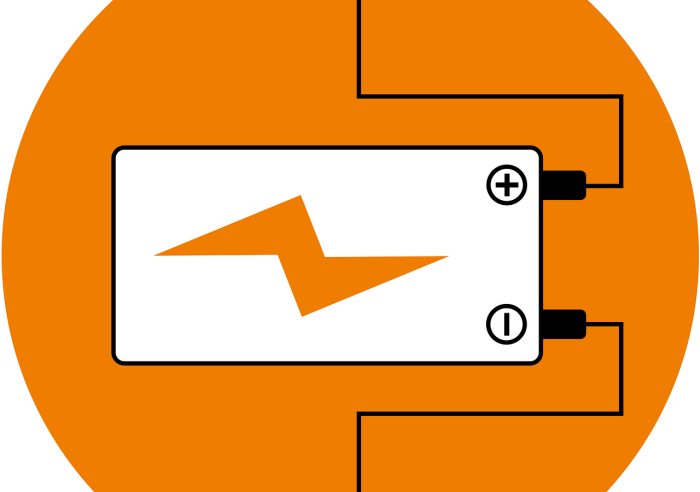
Image: Ricinator
WA’s Western Power will soon give owners of solar panels in the suburb of Meadow Springs a way to “bank” their solar electricity.
Western Power has won support from the City of Mandurah to run a trial of a “Community Power Bank” in the suburb.
The Meadow Springs Community Power Bank will provide local solar households the option of “storing” surplus energy they generate, that they can then access later.
“The project offers benefits to multiple stakeholders including individual consumers, the electricity consumer group as a whole, the network operator (Western Power) and the energy retailer (Synergy),” states Council minutes from last week. “By supporting the project, the City of Mandurah will be part of advancing the technologies required for a more sustainable energy future, whilst addressing network capacity issues in the area.”
The storage facility will be constructed at Reserve 48824 Glenbrook Lane, Meadow Springs and the trial is expected to run for 12 months..
Aside from the above, there wasn’t any other information available at the time of writing about the size of the facility, the type of storage technology to be used, how many will be able to participate and how the trial will work.
The venture will likely generate significant interest from around the world as there doesn’t appear to be many community energy storage projects of this nature operating as yet.
Depending on structure and the costs involved (if any) to participants, Community Power Bank schemes may prove to be quite popular in the state. Network rules in WA can make it difficult for some solar owners to install their own battery systems and/or limit energy storage options (and then there’s the economic considerations).
Feed in tariffs in Western Australian can also be quite low compared to other states, with solar households in Perth and the south-west region of the state currently receiving a feed in tariff rate of 7.135 cents per kilowatt hour of electricity exported. It still makes going solar very worthwhile for many households, but paying ~26.5c per kilowatt hour to buy that exported electricity back when needed can be a bitter pill to swallow.
There will certainly be no shortage of potential participants for Western Power’s trial.
Meadow Springs’ postcode (6210), home to 68,316 people, is a hotbed of small scale PV activity. 11,173 solar power systems are installed, boasting a collective capacity just north of 31.4MW according to the most recent information available from Australia’s Clean Energy Regulator.

 RSS - Posts
RSS - Posts



Not sure how the WA market works but if they regularly end up with more electricity stored than they need (probably in summer), then they could bid the excess into the market and make extra income.
Presumably it could also be used to sell electricity to local non-solar households, thus spreading the benefits further and making the idea more palitable.
We might see some real initiative by western Power importing the ViZn technology into Australia rather than more Lithium batteries.
https://www.viznenergy.com/
I’m a little wary of companies that want my email in return for a datasheet.
With the electricity grid supply flutters and failures that we have had in the southern suburbs on Perth, in the last couple of weeks, households would be better served by having storage battery backup.
Sometimes the damage caused, is unrecoverable. Apparently, Western Power is immune from any liability for the damage that it causes. But, some losses can not be recovered, anyway.
The electricity grid supply here is unstable and unsafe, and backup protection provided by battery storage, would ameliorate the unreliable grid electricity supply(and, I understand, allow the use of the electricity generation avaible from the rhousehold ooftop photovoltaic panels, when daylight grid electricity dupply failures and “sceduled outages” occur).